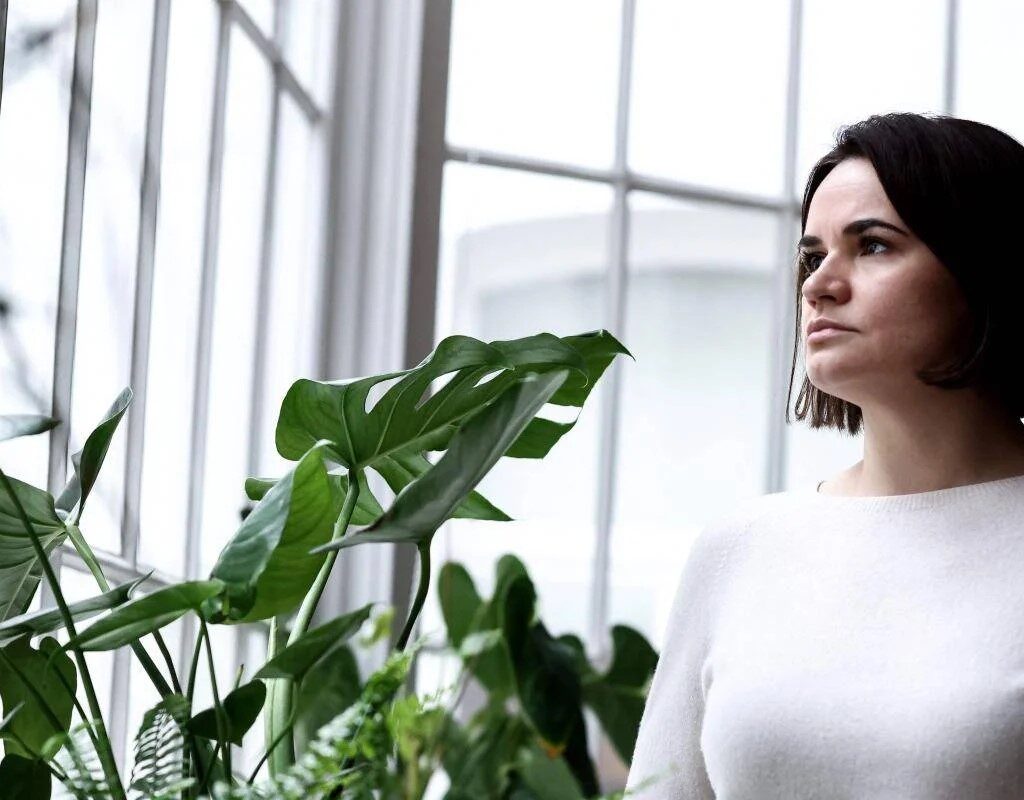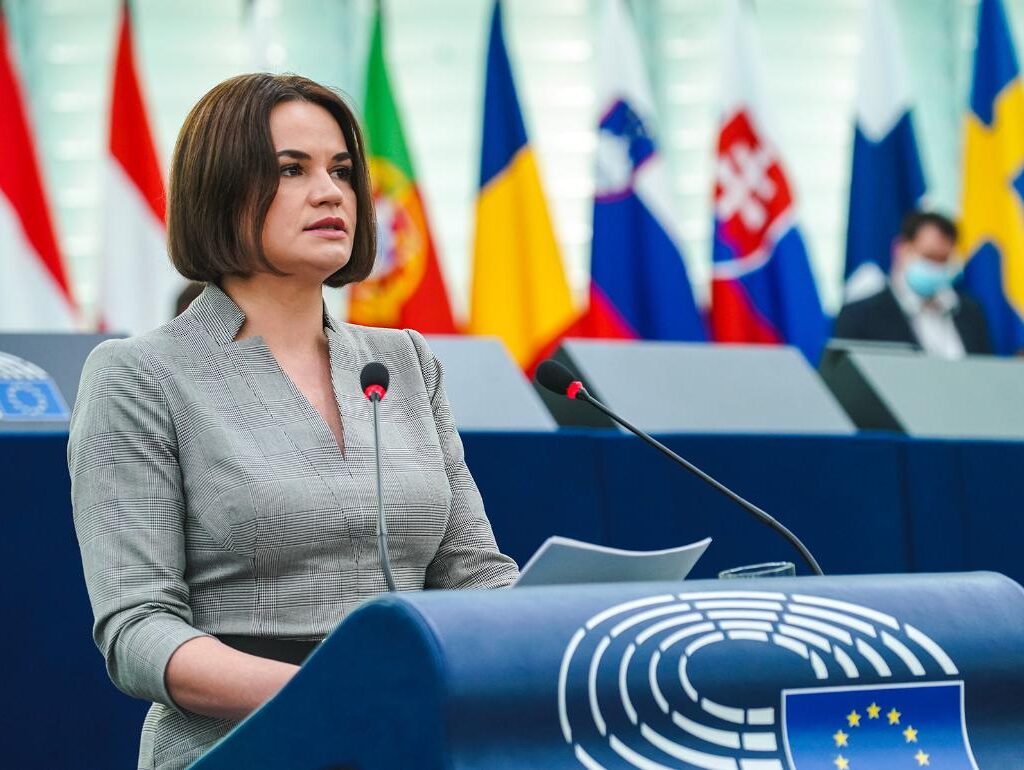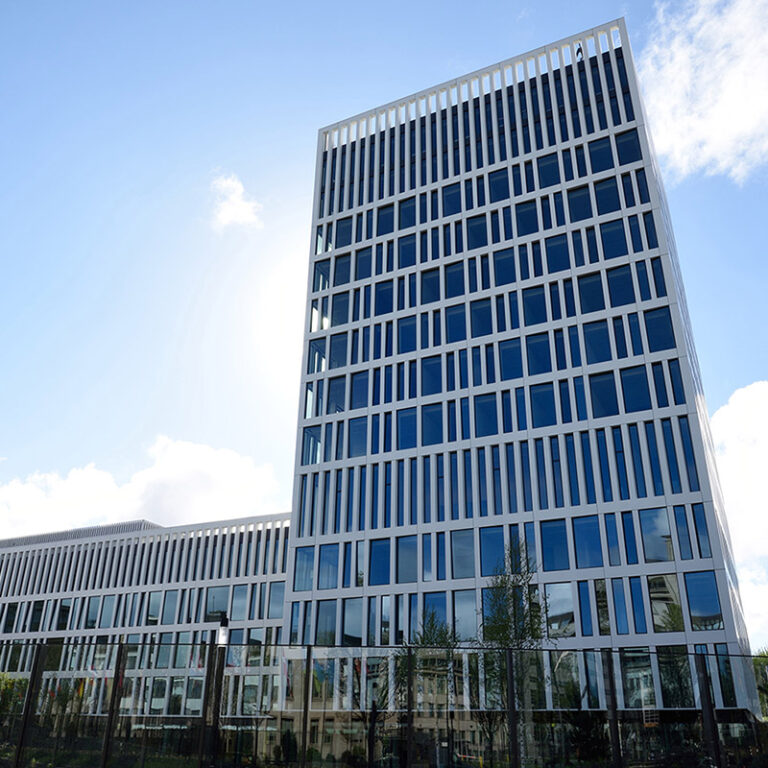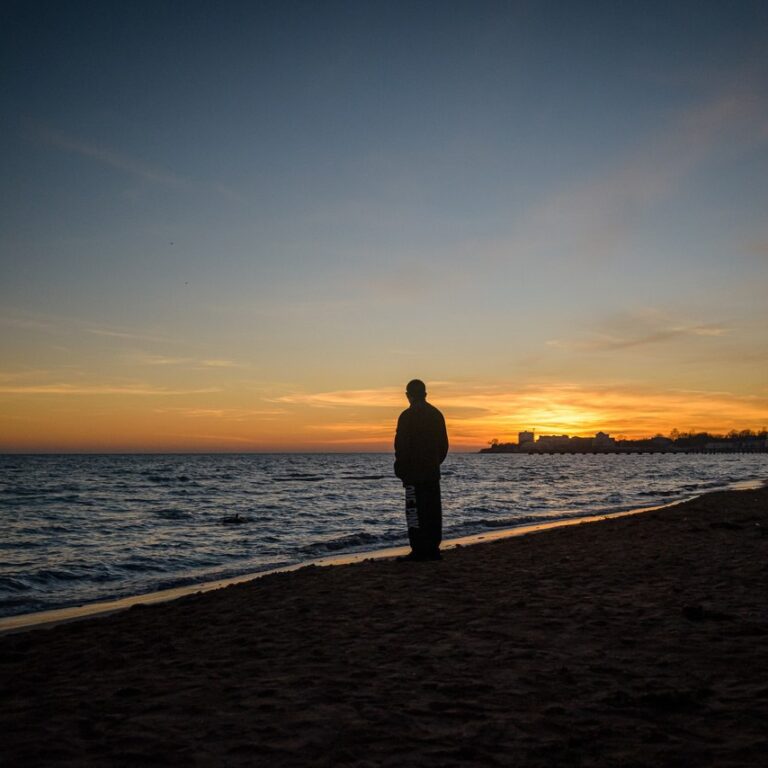On Mid-October, upon fruitful experts’ communication on GLOBSEC conference, our Association interwieved Sviatlana Tsikhanouskaya, head of Belarus Coordination Council and key leader of Belarus democratic movement.
Mrs Tsikhanouskaya described to our press attache Ruslan Deremedved some aspects and consequences of steps of Lukashenka’s regime in Crimea dimension.

Ruslan Deremedved (R.D.) Russian propaganda periodically promises Lukashenka’s visit to occupied Crimea, which still did not happen.
At same time Lukashenka’s administration owns and manages, from 2014 till now, sanatorium “Belarussija” near Yalta.
Also regional administrations and councils in Belarus “sign agreements” with Russia-controlled “Crimean authorities”, especially after 2022.
How may You comment on this situation and what next steps from Lukashenka’s regime regarding Russia-occupied territories of UKraine we may expect in next periods?
Sviatlana Tsikhanouskaya (S.T.) The Lukashenka regime’s management of the Belarusian sanatorium in Crimea and the signing of ‘agreements’ with the Russian-controlled ‘authorities’ there shows that he is aligned with Putin’s imperial ambitions. The dictator became a co-aggressor in Russia’s war and is complicit in the crimes committed against Ukrainians. His next steps will likely be deeper integration with Russia’s plans, including economic activities in Crimea, but he may continue to avoid direct symbolic actions like visiting, as it might bring even harsher sanctions from the West. We can’t have any illusions about this regime; they can’t be trusted and only serve their own interests.
R.D. Russia-controlled statistics points that Belarus is main economic partner of Crimea, despite of sanctions.
Russian propaganda declares on possible usage of Crimean maritime ports by Belarus goods and Alexander Moshensky, Belarusian businessman, loyal to Lukashenka, now is a key player in the Crimea-related international fishery mafia. In same time citizen of Belarus, Ms. Alena Douhan, as UN Special Rapporteur on sanctions’ negative impact of on human rights, visits Beijing and organise meetings with representatives of regimes in Venezuela and Cuba discussing under UN aegis alleged “negative role of sanctions”.
How may You comment this situation and what urgent steps may be done to enforce the sanction policy and make in more effective, how must European countries react on so-called “economic co-operation” between Minsk and Simferopol?
S.T. Lukashenka’s regime has turned Belarus into a key ‘partner’ for Crimea under Russian control, even as the international community imposes sanctions. The regime’s economic cooperation with Crimea, including the alleged use of Crimean ports and Moshensky’s involvement in fisheries, shows how deeply Belarus is entangled in Russia’s illegal occupation.
Alena Douhan’s activities as UN Special Rapporteur, visiting regimes like Venezuela and Cuba to criticize sanctions, are also part of this propaganda. To make sanctions more effective, the EU and international community must close all loopholes and apply consistent pressure on businesses and individuals who enable this illegal trade. As long as Belarus acts as Russia’s enabler in the region, sanctions must target both Minsk and Moscow’s economic activities.
R.D. If we will imagine, that current politic regime in Minsk falls in 2024-2025, what consequences may it create for areas where Russia tries to restore its own empire, including Russia-occupied territories of Ukraine? And, contrary, if Putin’s regime would fall in 2024-2025 due to internal circumstances, what consequences will it create for Belarus, will it simplify its democratisation?
S.T. When Lukashenka’s regime falls, it will inspire other regions where Russia is trying to establish control, including occupied territories in Ukraine. It would be a signal that Russian imperialism is not sustainable. A democratic Belarus would strengthen Ukraine’s position, as we share the same fight against Russian aggression. If Putin falls, it could also simplify Belarus’ path to democracy. His support is the lifeline of Lukashenka’s regime, and without it, the dictatorship in Belarus would collapse quickly. Either way, changes in Belarus or Russia will create a new geopolitical reality in the region, with opportunities for democratic forces to prevail.








